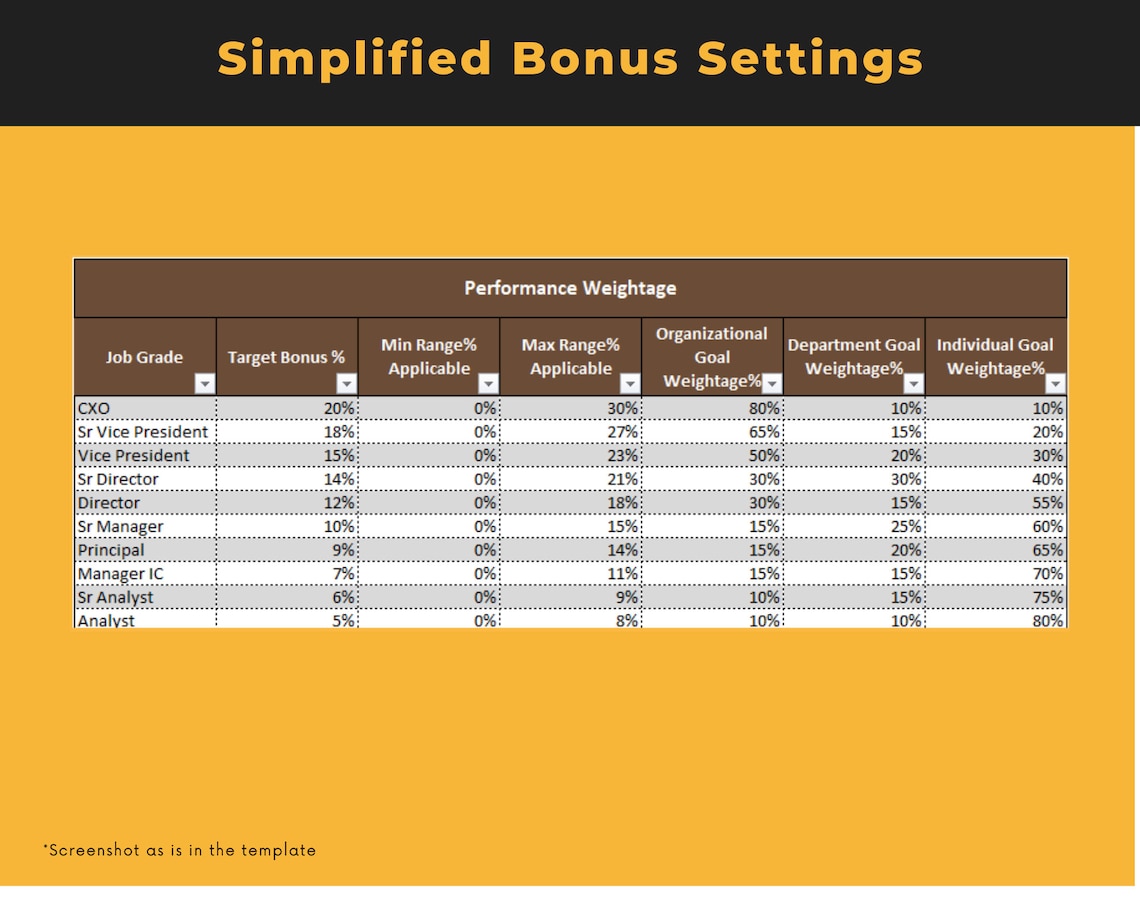Price:SLOT GACOR MAXWIN
KINGDOM188 : Situs Slot Gacor Maxwin Member Baru Hari Ini SLOT88
KINGDOM188 adalah situs slot gacor ternama yang menjadi opsi pertama bagi member baru yang ingin meraih maxwin hari ini melalui SLOT88. Dengan memahami berbagai istilah slot yang digunakan, pemain dapat menikmati pengalaman bermain yang lebih mudah, aman, dan menguntungkan di satu platform terpercaya.You can only make an offer when buying a single item
Highlights
SLOT GACOR
4.9 out of 5
(618 reviews)
All reviews are from verified buyers
Reviews for this shop
Gacor habis main pakai SLOT GACOR Slot Gacor ini, mudah main plus gampang menang cuy.
Awalnya ragu, ehh cuma depo 100 ribu bisa wd 5jt, gokill abis ini emang SLOT GACOR.
SLOT GACOR memang terbaik, baru main 5 menit pakai server jepang Langsung di kasih profit.









